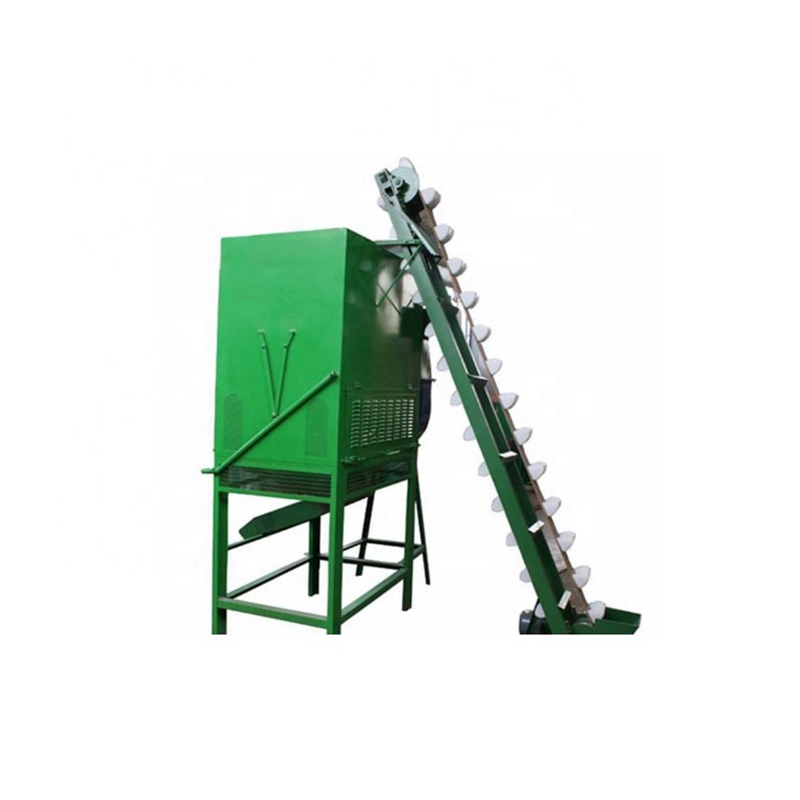mobile pig pen
Oct . 07, 2024 00:20 Back to list
mobile pig pen
Mobile Pig Pen Revolutionizing Livestock Farming
In the realm of modern agriculture, the integration of technology and innovation stands as a beacon of progress, particularly in livestock farming. One such innovation gaining traction is the mobile pig pen—a dynamic solution that not only enhances farming efficiency but also promotes animal welfare and sustainable practices. This article delves into the multifaceted advantages of mobile pig pens and their impact on the agricultural landscape.
What is a Mobile Pig Pen?
A mobile pig pen is essentially a portable enclosure designed for housing pigs. These pens can be easily relocated across pastures or fields, allowing farmers to optimize land use and promote healthier living conditions for their livestock. Unlike traditional pig farming setups, which tend to be static, mobile pens offer flexibility, enabling farmers to adapt to environmental changes, manage grazing patterns, and minimize land degradation.
Benefits of Mobile Pig Pens
1. Enhanced Animal Welfare One of the most significant advantages of mobile pig pens is the improvement in animal welfare. Pigs, being intelligent and social animals, thrive in environments where they can exhibit natural behaviors. Mobile pens allow farmers to frequently relocate the pigs to fresh grazing areas, which helps reduce stress, encourages exercise, and provides access to a varied diet. This mobility not only results in healthier pigs but also contributes to better quality meat, as the animals grow in a less confined and more stimulating environment.
2. Sustainable Land Use Traditional pig farming often results in overgrazed and degraded land. In contrast, mobile pig pens promote sustainable land management by allowing farmers to rotate grazing areas. This practice helps prevent soil erosion and maintains soil fertility. When pigs graze on new ground, they naturally fertilize the land, returning nutrients to the soil and promoting biodiversity. This sustainable approach is not only beneficial for the environment but also improves the productivity of the land.
mobile pig pen

3. Cost-Effectiveness From an economic standpoint, mobile pig pens can be more cost-effective than conventional setups. The initial investment in mobile structures may be higher, but farmers can save on feed costs as pigs have access to fresh forage. Additionally, reduced land degradation translates to lower long-term maintenance costs. Mobility also means that farmers can quickly adapt to market demands by relocating their livestock as needed, providing them with greater flexibility in operation.
4. Ease of Management The design of mobile pig pens often incorporates features that simplify the management of the pigs. Many pens come equipped with feeding and watering systems, making it easier for farmers to provide the necessary care. Moreover, being able to move the pens to different locations allows farmers to keep a closer eye on their herd's health and behavior, facilitating prompt monitoring and intervention when necessary.
5. Community and Economic Growth The rise of mobile pig farming can also stimulate local economies. Farmers employing mobile systems often share best practices and innovations with neighboring farms, contributing to a communal growth mindset. Furthermore, as consumers increasingly demand ethically sourced and sustainably raised meat, farmers practicing mobile pig farming can position themselves as leaders in the market, attracting conscientious buyers and possibly commanding higher prices for their products.
Challenges and Considerations
While mobile pig pens offer numerous benefits, there are challenges to consider. Farmers need to be knowledgeable about animal husbandry, rotational grazing, and local regulations regarding animal welfare. Moreover, weather conditions can impact the effectiveness of this system, requiring additional planning and resources. However, with education and community support, many of these challenges can be mitigated.
Conclusion
The mobile pig pen represents a significant advancement in livestock farming, aligning with contemporary values of sustainability and animal welfare. By enhancing animal conditions, promoting efficient land use, and driving economic growth, this innovative farming practice is poised to reshape the future of agriculture. As farmers and communities seek sustainable solutions to feeding an ever-growing population, mobile pig pens stand out as a viable option that supports both ethical standards and economic viability. The journey toward a more sustainable agricultural future may well rest on the wheels of these ingenious mobile pens.
-
Hot Sale 24 & 18 Door Rabbit Cages - Premium Breeding Solutions
NewsJul.25,2025
-
Automatic Feeding Line System Pan Feeder Nipple Drinker - Anping County Yize Metal Products Co., Ltd.
NewsJul.21,2025
-
Automatic Feeding Line System Pan Feeder Nipple Drinker - Anping County Yize Metal Products Co., Ltd.
NewsJul.21,2025
-
Automatic Feeding Line System - Anping Yize | Precision & Nipple
NewsJul.21,2025
-
Automatic Feeding Line System - Anping Yize | Precision & Nipple
NewsJul.21,2025
-
Automatic Feeding Line System-Anping County Yize Metal Products Co., Ltd.|Efficient Feed Distribution&Customized Animal Farming Solutions
NewsJul.21,2025






